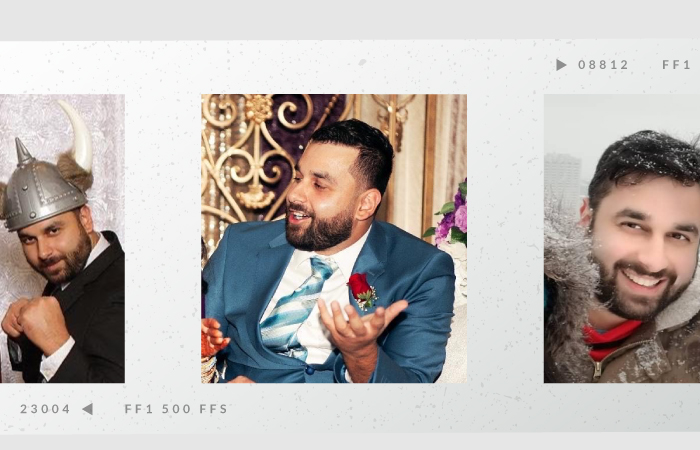
Smart Work Story - Shayan Ahmad, Software Engineer
What personal strengths have you been tapping into more with all the changes you’ve experienced in the last year?
Curiosity. I use my curiosity to revise and learn new skills needed to succeed in life. Whether it's a best practice for how software should be programmed or a new investment strategy, it's the driving force behind my effort towards continuous learning and improvement.
Empathy. I use this skill to be a better manager and to understand the innate struggles the people I manage, face. I use this skill to find gaps and to help people in a way that they too agree with.
Is there anything in particular that you both love and hate about working remotely?
I love it. It gives me more time to use as I please, reduces the cost and time of commuting and the risks and delays associated with it.
What does mindfulness mean to you in the age of remote work?
I think for me, I connect being mindful to being observant of the strengths and weaknesses of working in a team environment. I use mindfulness to evaluate what gaps exist and how to mitigate miscommunication and provide my team with the tools to adequately communicate. I'll schedule floating meetings, for example or take more time to get on calls with team members if we've identified a gap.
How do you balance work life with the rest of your life?
How do you stay motivated to do your best work?
Curiosity and passion. To me, my work is my passion, and I have a deeply rooted interest in technology which pushes me to learn and keep up with it, so that I can continue incorporating new methodologies into my work.
Many of us have been focused on adapting our expertise to this new world of work, but what about soft skills, how have those adapted and changed for you in the last year?
I actually think that for me, there's been a larger emphasis on clear and concise communication. It's much more costly to waste time and ramble during meetings or group work. Speaking and writing concisely can make a huge difference for high performing teams.
How has navigating the social dynamics at work changed for you?
Work dynamics have definitely changed. It's become more important to speak properly, than to look proper. Business casual dress codes don't exist anymore with remote work, but there is a sort of business casual form of speaking and writing that I think needs to be studied further to really be able to speak to social dynamics.
Can you recommend a book, podcast, blog or general resource that’s offered you inspiration and support in the last year as you've navigated your career?
To be a good manager I would recommend Radical Candor by Kim Scott. It's influenced the way I frame and innovate my own management style.
How do you establish trust with managers, collaborators and clients when working remotely?
Effective and clear communication. You need to communicate in a way that covers someone else's side and yours. This requires you to empathize with their position and frame your suggestions or communication in a way that is effective for both parties.
What have your colleagues or leadership learned about you as a remote worker that they otherwise wouldn’t have known?
I think they've learned that I can be more productive and effective as a manager, even though I'm working from home. I work daily to leverage technology and provide the opportunity for effective communication strategies that increase collaboration by keeping calls open or adding optional meeting rooms where anyone on the team can join if they want a quicker or longer sync up. This ensures everyone is being heard and all of the tough decisions and discussions are occurring. I'm not sure we were even having some of these more important conversations when we were on site, probably for a variety of reasons.
When you think back to that period of time where you spent your working days at the office, and then you fast forward to now. What differences do you notice in your working style?
There is less fluff in terms of commuting, weather, cost, delays that factor into my working days. As long as I'm not sick, I'm goo to work and I have the flexibility to work overtime without sacrificing much of my personal life. I think this is a win-win for both the organization and the worker that needs to be recognized more often.
How do you make smart work?
I think most of working smart is rooted in being resourceful. Whether that's effectively using web browser bookmarks, learning new skills online via youtube or a skills based website...the more resourceful you are, the more options you have available to automate your work, which leads to you "working smarter."